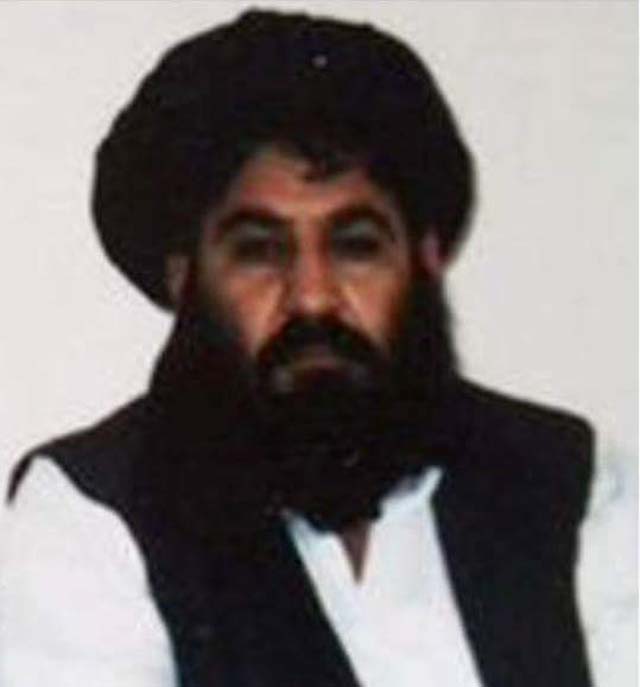KABUL - The Afghan Taliban’s new leader, Mullah Akhtar Mohammad Mansour, has appealed for unity in the insurgency and has asked the rebels to end their internal differences.
The Taliban through a statement had confirmed their supreme leader Mullah Omar died of sickness some time ago. However, it remains unclear when the founder of Taliban movement died.
The Afghan government had claimed Mullah Omar died in Pakistani port city of Karachi in a hospital two or three years ago. But The Taliban had said Mullah Omar never visited Pakistan even for a single day.
At a gathering on Thursday, the Taliban chose Mullah Mohammad Akhtar Mansour as Mullah Omar’s successor and Sirajuddin Haqqani, the leader of the Haqqani Network, and Maulvi Haibatullah Akhunzada his two deputies.
On Saturday, the Taliban in a statement said Taliban leaders and members pledged allegiance to Mansour at the Thursday's gathering.
Taliban’s spokesman Zabihullah Mujahid released an audio message of Mullah Mansour’s speech to the gathering to media outlets. The audio lasts 34 minutes and voices of participants and Azan (call for prayers) could be heard twice besides the voice of a crying child.
The statement did not say where this gathering took place, but a minister during Taliban’s regime, who spoke on the condition of anonymity, told Pajhwok that it was held in Quetta, the capital of Pakistan’s Balochistan province.
In his address, Mullah Mansour stressed unity among the Taliban ranks, saying disunity among them just pleased their enemies and created more problems for them.
“The leadership of Taliban council is a huge responsibility that is now placed on my shoulders. This is not an easy task. One or two people could not run the movement, but all have to join hands.”
Mansour said problems and difficulties would increase as some circles would try to create rifts among them, but they would follow into footsteps of Mullah Omar and would not let the gains to be wasted.
Mullah Mansour vowed to utilise all his energies to follow late Mullah Omar and his mission. "We need to be patient and should try to go to those friends who are unhappy. We will have to convince them and take them on board."
He also cautioned against the killing of civilians. "In the name of jihad, the killing of innocent people is not Islamic. We need to win the hearts of people, then we can rule their hearts," he said.
He said insurgency would continue and advised his followers not to pay attention to rumours spread about the Taliban campaign.
“Our goal and slogan is to implement Shariah and an Islamic system, and our jihad will continue until this is done,” he said in the message.
Mansoor also mentioned peace talks with the Afghan government, though it was not clear whether he supported them.
The second round of talks between Taliban and Afghan government representatives that had been expected in Pakistan on Friday was postponed following the announcement of the death of Mullah Omar.
Meanwhile, the BBC reported that Afghan Taliban's Supreme Council had not been taken into confidence over the appointment of the group's new leader, Mullah Akhtar Mansour.
However, a spokesman for the group told BBC that Mullah Mansour had not been appointed "by all Taliban" which, he said, was against Shariah. The council will now hold a meeting to elect a new leader, he added.
In his mid-50s, Mullah Mansour served as head of the aviation department during the Taliban government and remained the shadow governor of Kandahar.
Within the organisation, he remained on the supreme council and deputy to Mullah Omar and also headed the political and military division of Taliban, because of which he has been maintaining direct contact with the field commanders.
Taliban spokesman Mullah Abdul Manan Niazi said those who elected Mullah Mansour had not followed the rules.
"According to Islamic rule and principles, when a leader dies, a Shura (council) is called, then its leader is appointed," he added. (Pajhwok)

